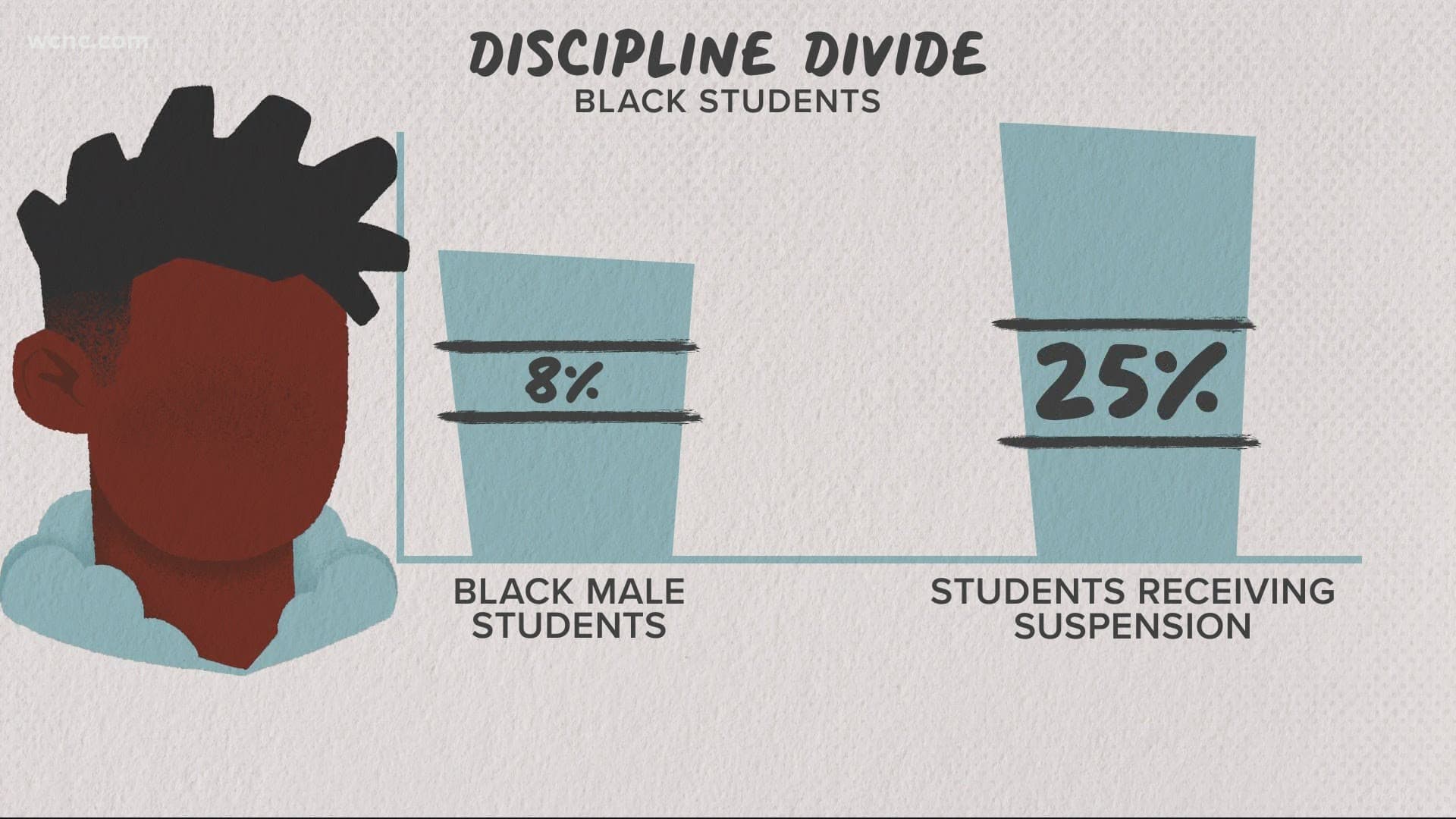Black Student Academic Outcomes Spark Debate Amidst Diverse Educational Frameworks

A recent social media post from "Free Black Thought" has ignited discussion regarding the academic performance of Black students across different educational environments. The tweet highlighted a perceived paradox, stating, > "One of the great ironies of the 'woke' era is that in many places where the 'antiracist' left is in charge of education, black students do worse, and in many former slave states, they do better." This assertion points to a complex and often contentious area of educational policy and student achievement.
Discussions around progressive educational policies, often labeled "antiracist" or "woke," frequently center on their impact on core academic skills. While culturally responsive teaching (CRT) is advocated for its potential to enhance student engagement and belonging, empirical evidence regarding its direct correlation with significant gains in standardized test scores remains mixed. Some analyses suggest that an overemphasis on social justice curricula might inadvertently divert focus from foundational subjects, potentially affecting minority students disproportionately. Furthermore, systemic biases in identification processes, such as those for gifted programs, continue to hinder the academic advancement of Black students in various districts.
Conversely, educational outcomes for Black students in Southern states, historically identified as former slave states, present a varied and evolving landscape. Reports from organizations like the Southern Education Foundation indicate persistent achievement gaps attributed to historical inequities, underfunding in predominantly Black districts, and broader socio-economic factors. Despite these challenges, National Assessment of Educational Progress (NAEP) data reveals that some Southern states show proficiency rates for Black students that are comparable to or even slightly higher than the national average for Black students in certain subjects.
The Education Commission of the States has also noted improvements in specific metrics, such as high school graduation rates for Black students in many Southern states. However, these gains are often incremental and do not fully erase long-standing disparities when compared to white students within the same regions. The overall picture suggests that while challenges remain, targeted reforms and resource allocation in some Southern contexts have led to measurable, albeit slow, progress.
Educational experts emphasize that attributing academic outcomes solely to specific curricular approaches or regional identities oversimplifies a multifaceted issue. Factors such as socio-economic status, parental involvement, teacher quality, school funding, and the legacy of historical discrimination all play significant roles in shaping student performance. The ongoing debate underscores the need for comprehensive, data-driven research to understand the complex interplay of these elements on Black student achievement across the nation's diverse educational systems.